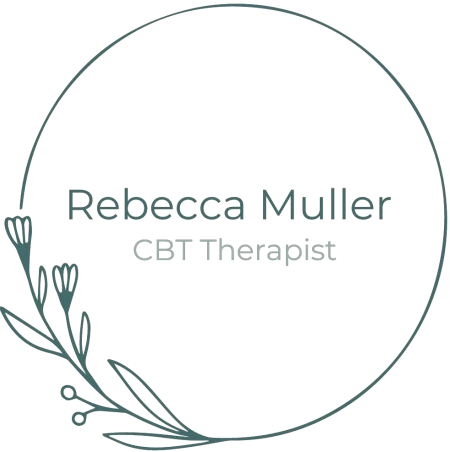Trauma can have a profound impact on your mental and physical well-being. The good news is that with the right trauma support, healing and recovery are possible. However, not all trauma support is created equal, and it's essential to know what to look for when seeking help.
One of the most critical factors to consider when seeking trauma support is the professional's knowledge and skills. Trauma can manifest in many different ways, and a competent therapist should have a deep understanding of the complexities of trauma and how it impacts individuals.
A qualified trauma therapist should have the necessary training and experience to provide a thorough assessment, case formulation and effective treatment plan. Look for someone who has completed specialised training in trauma therapy and has a track record of helping people recover from traumatic experiences.
You should consider whether the professional has updated their skills and knowledge regularly. The field of trauma therapy is constantly evolving, and it's crucial that therapists stay current with the latest research, techniques, and approaches.
One way to ensure that a therapist is up-to-date with their skills and knowledge is by checking whether they engage in continuous professional development (CPD) activities. CPD is a vital aspect of any healthcare professional's career and helps ensure that they provide high-quality care to their clients.
When searching for trauma support, ask the professional about any trauma CPD they have completed. They should be able to provide evidence of attending regular workshops, conferences, and training sessions to ensure they are staying up-to-date with the latest developments in the field.
Asking about CPD can also give you an idea of the therapist's level of commitment to their profession. Therapists who invest in their professional development and stay up-to-date with the latest research and techniques are likely to be more invested in providing the best possible care to their clients.
In addition to checking for CPD requirements, you can also ask about their experience with trauma-related issues. Trauma can manifest in different ways, and it's essential to find a therapist who has experience working with individuals who have experienced similar trauma to you.
Lastly, it's important to consider whether the therapist is a good fit for you. While qualifications and experience are important, you also need to feel comfortable and safe with the therapist you choose. Trust and rapport are vital components of a successful therapeutic relationship, so take the time to find someone who makes you feel heard, understood, and respected.
In conclusion, finding the right trauma support is essential for recovery and healing. When seeking help, it's important to consider the professional's qualifications, experience, CPD attendance, and personal fit. By taking the time to find a therapist who meets these criteria, you can increase your chances of success and achieve the healing and recovery you deserve.
If you are seeking support from an experienced and professional CBT Psychotherapist, please do not hesitate to contact me today
